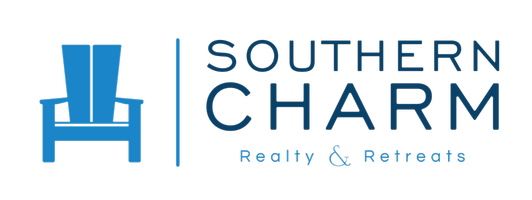Blog > An *Interest-Only* Mortgage?

Lately, it feels like it’s getting more expensive to breathe. The cost of everything is rising and, not surprisingly, consumers are seemingly desperate to save a buck wherever they can. Ere go, the concept of an “interest-only” mortgage might seem appealing to those currently house hunting. What is it, exactly, and is it a good thing?
Surely, the savvy home shopper will have heard of adjustable rate mortgages, or ARMs. These are loans that start out with a fixed, predetermined interest rate that is oftentimes lower than a traditional 30-year rate. Then, after a set period of time, the rate adjusts to the current market.
An interest-only mortgage is a type of ARM where, for a set number of years (usually 3, 5, or 7), you are strictly paying interest accrued on the principal. Usually this means a lower monthly payment because you’re just paying interest.
So, What’s The Catch?
If it sounds too good to be true, it probably is. There are plenty of pitfalls when seeking an interest-only mortgage. Yes, you’re paying less each month but not only does it not last, you’re also building no equity in your home.
Let’s borrow some math from Realtor.com. “Let’s say you get an interest-only ARM of $300,000, with an initial rate of 4% for five years. For five years, your interest-only payment would amount to $1,000 per month. After five years, though, you’ll start paying back principal. Let’s also assume your interest rate adjusts to 5%. Now, your monthly principal interest payment has risen to $1,754 per month.” That’s a huge leap and if you’re not dedicated or fully educated on this type of loan, that can really hurt the monthly budget. Plus, there’s no guarantee rates would be 5%, just judging off today’s December 2022 market.
Along with not building equity, there are a few other downsides. This type of loan usually requires a much larger down payment than conventional loans, you generally have a higher interest rate than the current market (which might feel like less since you’re not paying on the principal), and you must have an exceptionally high credit score. Like, north of 750.
In a nutshell, an interest-only mortgage may pique your interest at first but there are lots of downsides. If you think it still is the right fit for you, speak to a qualified agent and lender. Do tons of research! With a solid plan, it may be the right choice.
